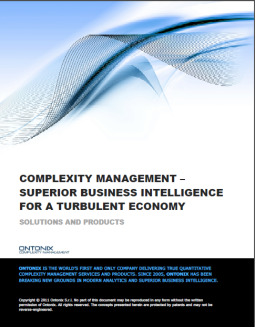Risk = Probability X Consequences. Really?
Wednesday, 26 March, 2014 Leave a comment
“Wall Street thought it had risk all figured out…” should read that they figured out a marketing message given kudos by the number of Phd’s, MBA’s etc. employed by organisations whose appetite for individual/collective wealth and power was enabled by regulatory and credit (rating) regimes that suited the aspirations of politicians ALL at the expense of their citizens (customers) i.e. those that give them the means to function.
Their own greed and inability to continue to control information that exposed it, has been their undoing. Access to INFORMATION has enhanced our knowledge to such an extent that we have been able to recognise the MISINFORMATION that was presented as ‘knowledge and expertise’.
They created and profited from a volitile financial environment that, once globally interconnected, is beyond their control but, for as long as profits can be privatised and losses socialised, they will not suffer…until what has been ‘hidden in plain view’ can no longer be tolerated or sustained.
Time is nearly up.
 (image from
www.impactlab.net
)
(image from
www.impactlab.net
)
Probably the most frequently used definition of risk is this one:
Risk = the Probability of something happening X resulting Cost/Consequences
This definition is flawed because of two fundamental reasons, which the formula itself suggests very eloquently:
1. Estimation of probabilities of future events is very difficult (while it is considerably easier when talking of past events). Rare events have very low probabilities and these are extremely difficult to estimate due to the fact that the sample of available data is very small (what is the probability of an event similar to 9/11?). Since this factor multiplies the “cost” in the above equation it is of paramount importance.
2. Estimation of the costs/consequences of these events. This is most difficult. Even after a catastrophic event it is difficult to estimate the total damage and cost.
However, the most important flaw is hidden and it is conceptual…
View original post 558 more words











